Biology
This program is designed to give you the first two years of a bachelor’s degree.
What You'll Learn
Apply biological knowledge to advance innovation in medicine, research, and environmental science.
Build a strong foundation in scientific methods and laboratory techniques while studying how living systems function. You’ll gain experience in microscopy, data collection, and experimental design through courses in genetics, ecology, and microbiology. These skills prepare you for transfer into four-year biology, health science, or environmental programs—and for future work in research, education, or healthcare.
Where You’ll Go
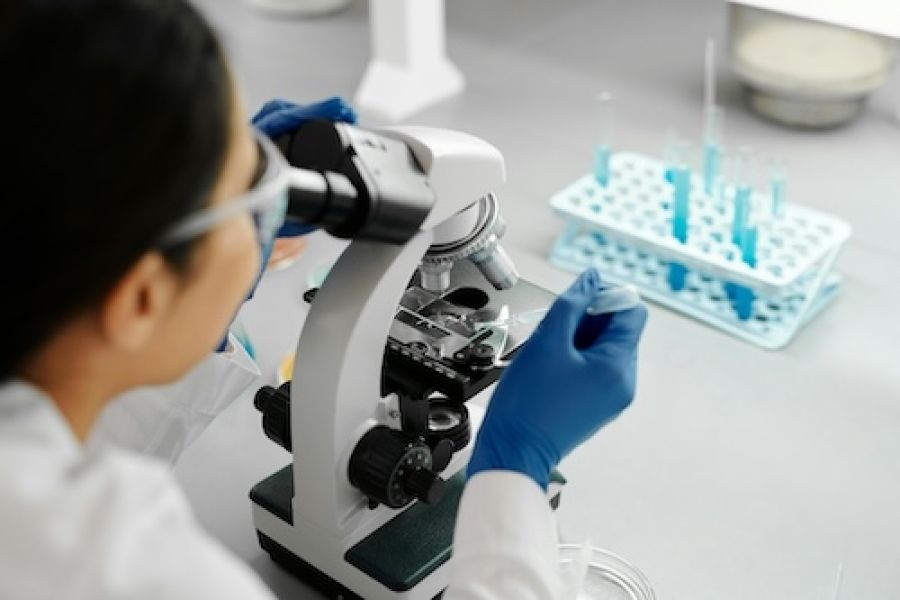
Microbiologists
- Isolate and maintain cultures of bacteria or other microorganisms in prescribed or developed media, controlling moisture, aeration, temperature, and nutrition.
- Examine physiological, morphological, and cultural characteristics, using microscope, to identify and classify microorganisms in human, water, and food specimens.
- Provide laboratory services for health departments, community environmental health programs, and physicians needing information for diagnosis and treatment.
- Monitor and perform tests on water, food, and the environment to detect harmful microorganisms or to obtain information about sources of pollution, contamination, or infection.
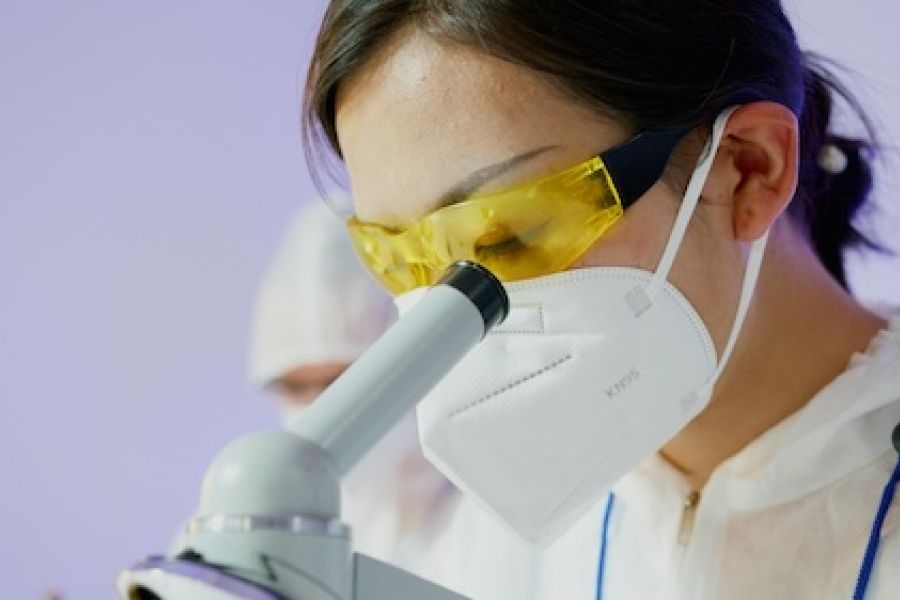
Neurodiagnostic Technologists
- Conduct tests or studies such as electroencephalography (EEG), polysomnography (PSG), nerve conduction studies (NCS), electromyography (EMG), and intraoperative monitoring (IOM).
- Indicate artifacts or interferences derived from sources outside of the brain, such as poor electrode contact or patient movement, on electroneurodiagnostic recordings.
- Monitor patients during tests or surgeries, using electroencephalographs (EEG), evoked potential (EP) instruments, or video recording equipment.
- Collect patients' medical information needed to customize tests.
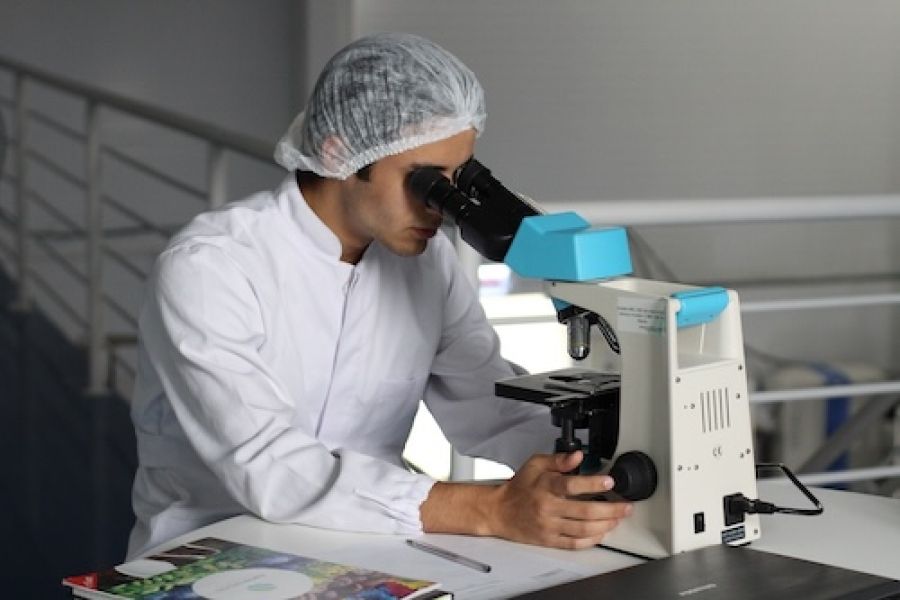
Food Scientists and Technologists
- Inspect food processing areas to ensure compliance with government regulations and standards for sanitation, safety, quality, and waste management.
- Check raw ingredients for maturity or stability for processing, and finished products for safety, quality, and nutritional value.
- Develop new or improved ways of preserving, processing, packaging, storing, and delivering foods, using knowledge of chemistry, microbiology, and other sciences.
- Test new products for flavor, texture, color, nutritional content, and adherence to government and industry standards.
Salary information presented are estimates and can be different for each individual based on education, experience, and the specific employer. Labor market data is based on 2025 estimates derived from Lightcast (Career Coach | Lightcast)
The careers listed above are just a starting point. Our programs mix together important concepts and hands-on skills—but that doesn’t mean your future has to follow the same script. Find out more at Career Exploration & Support.

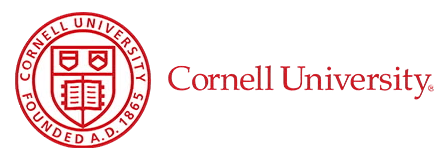

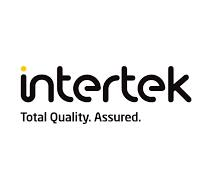
Program Requirements
To graduate [ 60-63 credits + 2.0 GPA or higher ]
| Course ID | Course Name | Credits | Minimum Grade |
|---|---|---|---|
| BIOL101 | Principles of Biology I | 3 | |
| MATH120 | College Algebra | 4 | |
| CHEM101 | Principles of Chemistry I | 4 | |
| RDNG116 | College Reading and Study Skills | 3 | |
| ENGL098 | Accelerated Writing Skills for ENGL 100 | 3 | |
| MATH020 | Skills & Support for College Algebra | 2 |
| Course ID | Course Name | Credits | Minimum Grade |
|---|---|---|---|
| BIOL104 | General Biology I | 4 | |
| CHEM107 | General Chemistry I | 4 | |
| ENGL100 | Academic Writing I | 3 | |
| BIOT101 | Introduction to Biotechnology and Health | 1 | |
| or FSS 138 | Freshman Seminar - Math/Science | 1 | |
| BIOT102 | Introduction to Biotechniques | 1 | |
| SUNY GE #6 | Social Science | 3 |
| Course ID | Course Name | Credits | Minimum Grade |
|---|---|---|---|
| BIOL105 | General Biology II | 4 | |
| CHEM108 | General Chemistry II | 4 | |
| ENGL101 | Academic Writing II | 3 | |
| MATH138 | Precalculus | 4 |
| Course ID | Course Name | Credits | Minimum Grade |
|---|---|---|---|
| CHEM205 | Organic Chemistry I | 4 | |
| BIOL205 AND BIOL206 | General Genetics AND Molecular Genetic Techniques | 4 | |
| or BIOL211 | Ecology | 4 | |
| MATH200 | Statistics | 3 | |
| or MATH201 | Calculus I | 4 | |
| BIOL201 | Human Anatomy and Physiology I | 4 | |
| or BIOL202 | Human Anatomy and Physiology II | 4 | |
| or BIOL205 AND BIOL206 | General Genetics AND Molecular Genetic Techniques | 4 | |
| or BIOL211 | Ecology | 4 | |
| or BIOL216 | General Microbiology | 4 | |
| or BIOL220 AND BIOL221 | Cell Biology AND Advanced Cell Culture Techniques | 4 | |
| or BIOT295 | Biotechnology Seminar | 3 | |
| or CHEM206 | Organic Chemistry II | 4 | |
| or MATH200 | Statistics | 3 | |
| or MATH201 | Calculus I | 4 | |
| or MATH202 | Calculus II | 4 | |
| or PHSC211 | Physics I (Mechanics and Heat) | 4 | |
| or PHSC212 | Physics II (Electricity & Magnetism) | 4 | |
| or PSYC103 | Introduction to Psychology | 3 | |
| or SOCI101 | Introduction to Sociology | 3 |
| Course ID | Course Name | Credits | Minimum Grade |
|---|---|---|---|
| ENGL201 | Public Speaking | 3 | |
| or ENGL204 | Interpersonal Communication | 3 | |
| or ENGL210 | Intercultural Communication | 3 | |
| ENGL102 | Approaches to Literature | 3 | |
| SUNY GE #8 | US History | 3 | |
| or SUNY GE #10 | World Languages | 3 | |
| or SUNY GE #7 | The Arts | 3 | |
| or SUNY GE #9 | World History and Global Awareness | 3 | |
| BIOL201 | Human Anatomy and Physiology I | 4 | |
| or BIOL202 | Human Anatomy and Physiology II | 4 | |
| or BIOL205 AND BIOL206 | General Genetics AND Molecular Genetic Techniques | 4 | |
| or BIOL211 | Ecology | 4 | |
| or BIOL216 | General Microbiology | 4 | |
| or BIOL220 AND BIOL221 | Cell Biology AND Advanced Cell Culture Techniques | 4 | |
| or BIOT295 | Biotechnology Seminar | 3 | |
| or CHEM206 | Organic Chemistry II | 4 | |
| or MATH200 | Statistics | 3 | |
| or MATH201 | Calculus I | 4 | |
| or MATH202 | Calculus II | 4 | |
| or PHSC211 | Physics I (Mechanics and Heat) | 4 | |
| or PHSC212 | Physics II (Electricity & Magnetism) | 4 | |
| or PSYC103 | Introduction to Psychology | 3 | |
| or SOCI101 | Introduction to Sociology | 3 | |
| UNRE ELEC | Unrestricted Elective | 3 |
Transfer Agreements
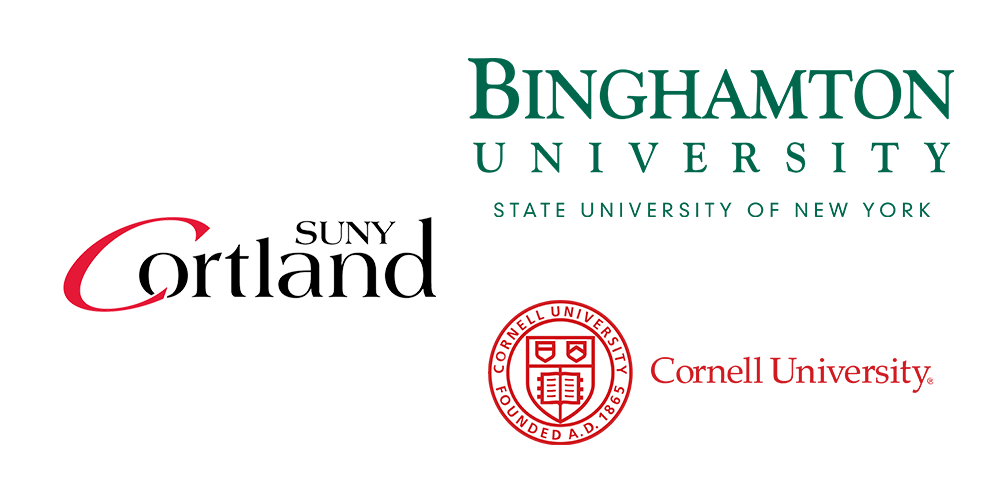
| Transfer School Sort descending | Transfer Program |
|---|---|
Transfer School: Hobart and William Smith Colleges |
Transfer Programl: Multiple Programs |
Transfer School: Syracuse University |
Transfer Programl: College of Professional Studies |

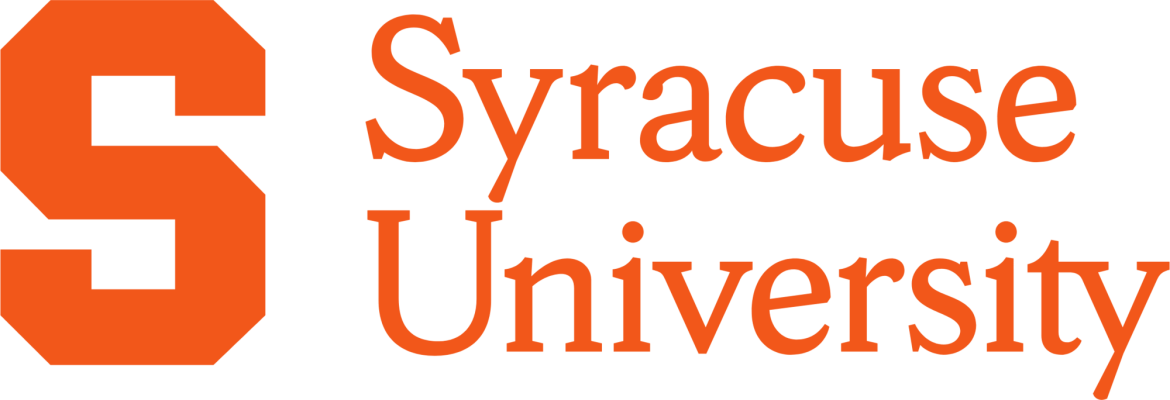
Student & Faculty Stories
On this page
Attend a Discovery Day!
Curious about TC3? Discovery Days give you an inside look at our campus, programs, and an opportunity to connect with the staff and faculty who are here to support you. Click the link below to register for our STEM Discovery Day!
Take on as much (or as little) as you want. Our microcredentials and certificates provide you with credits to apply to 2-year programs – when you’re ready!